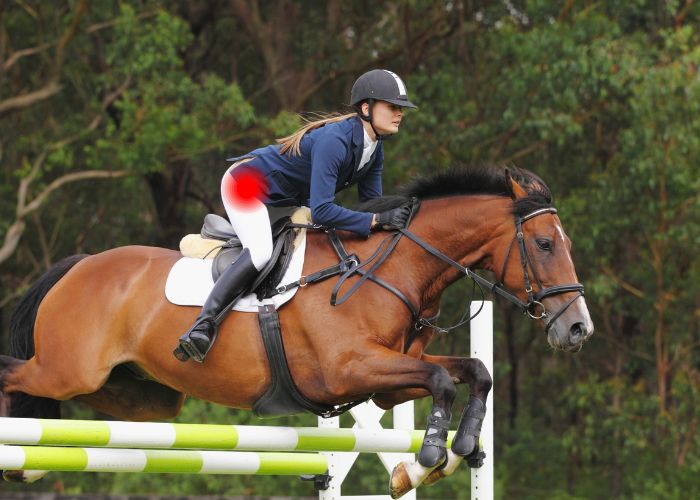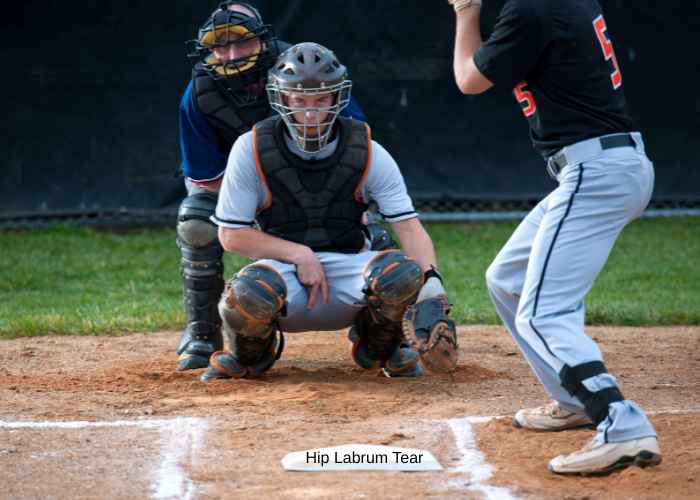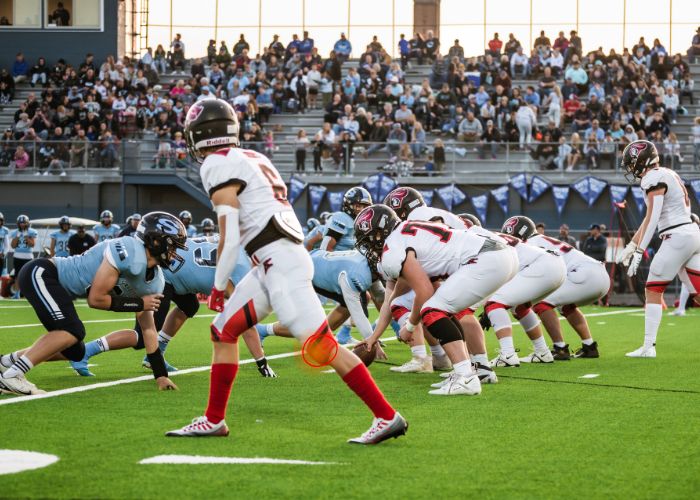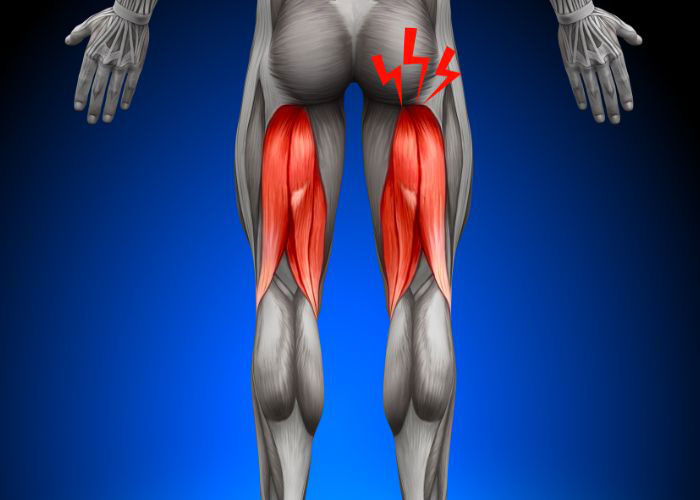What is a pectoralis major tendon injury?
The pectoralis major and pectoralis minor are large fan-shaped muscles that line the chest wall. Both the pectoralis major and pectoralis minor muscles are responsible for strengthening and stabilizing the shoulder when lifting heavy objects. The pectoralis major muscle, the larger of the two “pecs”, arises from the center of the sternum (chest) and clavicle (collarbone). This muscle is anchored to the humerus (upper arm bone) by the pectoralis major tendon. The larger of the two “pecs”, the pectoralis major muscle, tends to be injured more frequently when the pectoralis major tendon is separated from its attachment site. A pectoralis major tendon injury is commonly the result of sports-related activities with weightlifters being particularly susceptible to this type of injury. The sternal head of the pectoralis major tendon is solely affected in a partial tendon tear, while a complete tendon tear affects both the sternal head and the clavicular head of the pectoralis major tendon. Dr. Ronak Mukesh Patel, orthopedic shoulder specialist serving patients in Sugar Land, Pearland, and the Houston, Texas area, has the knowledge and understanding, as well as substantial experience, in treating patients who have experienced a pectoralis major tendon injury.
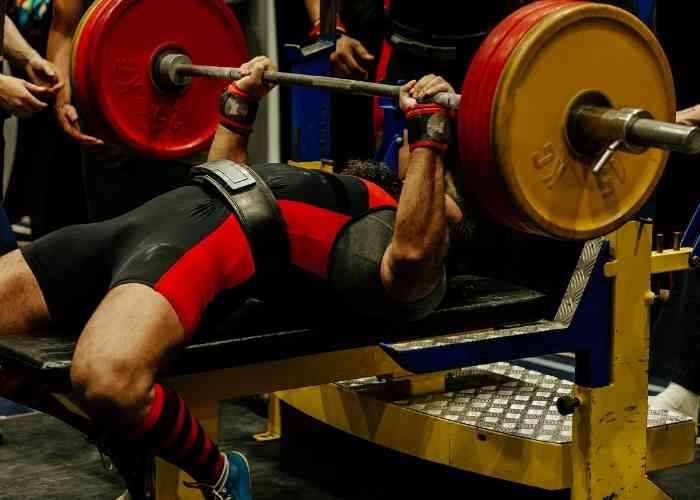
What are the symptoms of a pectoralis major tendon injury?
Individuals frequently report sudden and severe pain along the upper chest wall immediately following an injury. Some other common symptoms of a pectoralis major tendon injury include:
- Bruising and inflammation in the upper arm and/or chest
- Decreased muscular strength, particularly with arm movement
- Obvious visual deformity of the chest wall muscle
- A “popping” sound or “snapping” sensation at the time of injury
How is a pectoralis major tendon injury diagnosed?
Dr. Patel will gather a comprehensive medical history and include any prior shoulder injuries or underlying conditions that may contribute to this shoulder condition. A thorough physical examination is then performed where Dr. Patel can classify a pectoralis major tendon tear into one of the four following categories:
- Type 1: A common injury where the pectoralis major tendon is separated from the humerus.
- Type 2: The musculotendinous junction, where the pectoralis major muscle meets the tendon, is stretched or separated.
- Type 3: The tendon remains intact with this injury as the damage occurs within the pectoralis major muscle belly.
- Type 4: The pectoralis major tendon is separated from the sternocostal head.
Occasionally, Dr. Patel may order diagnostic imaging studies, such as x-rays or magnetic resonance imaging, to confirm the location of the tear as well as identify any damage to the other structures within the arm or chest wall.
What is the treatment for a pectoralis major tendon injury?
Non-surgical treatment:
Patients diagnosed with a mild or partial pectoralis major tendon injury may be encouraged to treat their symptoms with non-surgical therapy measures. Such treatments include avoiding activities that initially caused the injury or exacerbate the pain. The inflammation and pain associated with this condition can be mitigated with ice application and non-steroidal anti-inflammatory medications (NSAIDs).
Surgical treatment:
Surgical intervention is often necessary when non-surgical therapy fails or a severe or complex pectoralis major tendon tear was sustained. Type 1 and Type 2 pectoralis major tendon tears are surgically corrected by reattaching the tendon into the correct anatomical position. This surgery is called a pectoralis major tendon repair. Special surgical anchors secured within the bone are often all that is needed for a simple tendon repair. Complex pectoralis major tendon tears may require a tendon graft, either from the patient (autograft) or donor (allograft), to reattach the native tissue to the correct anatomical site.
Pectoralis Major Tendon Injury Specialist

The pectoralis major is one of two fan-shaped muscles in the front of the chest wall, sometimes called “pecs”. Pectoralis major tendon injuries can occur in sports related injuries and are most commonly seen in weight lifters. Pectoralis major tendon injury specialist, Doctor Ronak Mukesh Patel, provides diagnosis as well as surgical and nonsurgical treatment options for patients in Houston, Sugar Land, and Pearland, TX who have injured their pecs or their pectoralis major tendon. Contact Dr. Patel’s team today!
